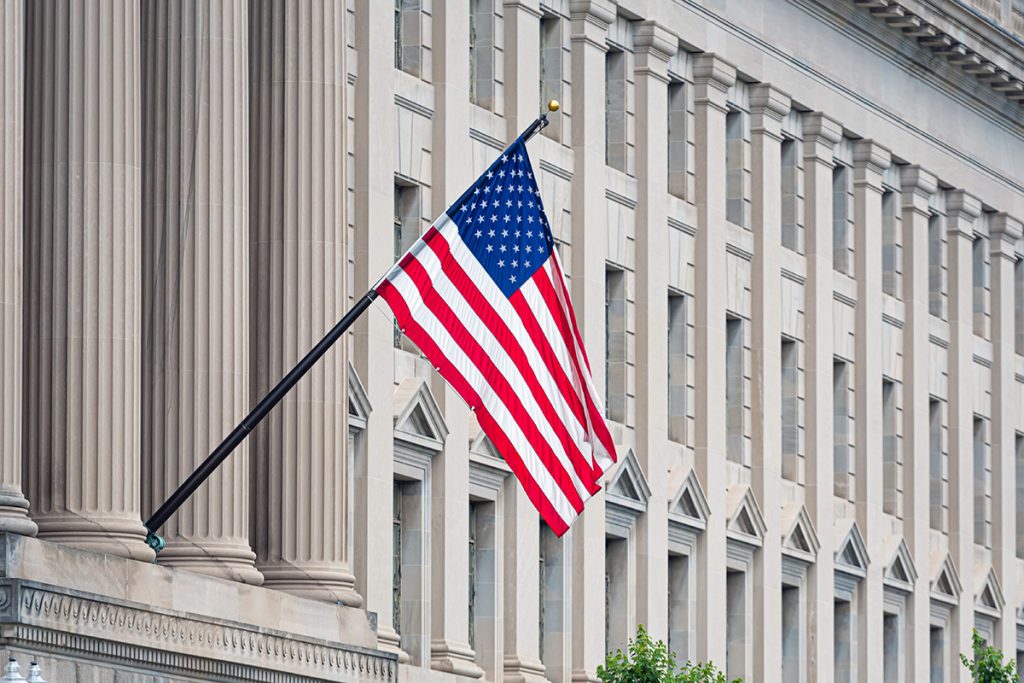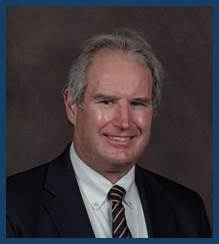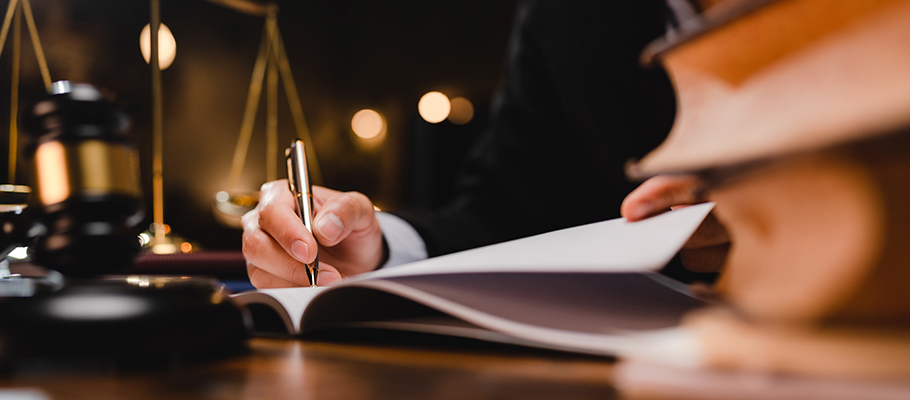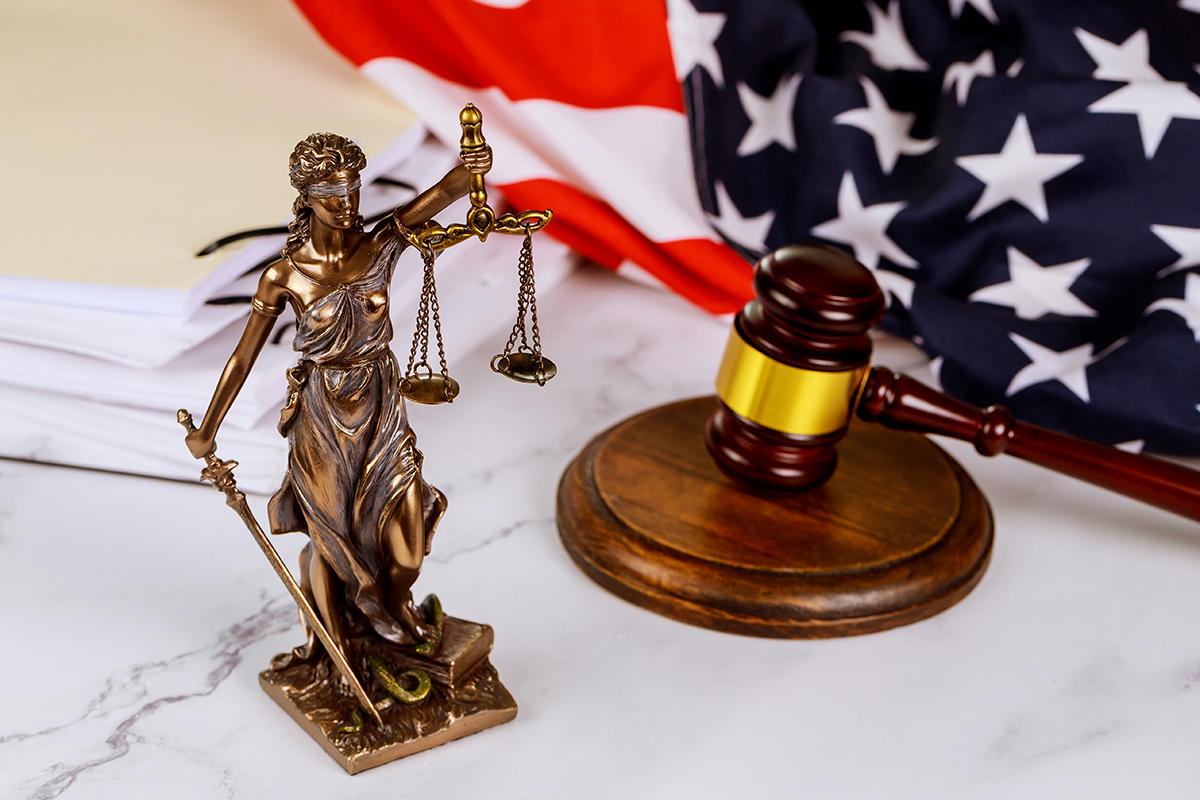
What Makes a Good Expert Witness?
Expert witnesses are vital in legal cases because they provide specialized knowledge and objective opinions that help judges and juries understand complex issues (technical, scientific, or industry-specific) that most people don’t know because they are beyond common knowledge.
A good expert witness is able to connect facts to real-world practices and offers clear, unbiased insight. Their testimony is very important because it can influence the outcome of a case, especially in complex litigation such as medical malpractice or workplace violence.
In our work at SSMC, we often remind clients that expertise alone isn’t enough; credibility, communication, and integrity matter just as much.
Below, we break down what truly makes an expert witness effective.
What are the characteristics of a good expert witness?
A good expert witness brings more than technical knowledge to a case. They offer clear, objective insight that helps the court understand complex issues and make informed decisions. Here are some characteristics a good expert witness should offer.
A Good Expert Witness Will
A credible, effective expert witness will:
Stay Objective and Honest
- Maintain integrity, truthfulness, and neutrality
- Admit limitations or uncertainty when appropriate
- Avoid any hint of bias or “hired gun” behavior
Rely on Evidence and Methodology
- Base opinions on admitted evidence and validated industry standards
- Use correct formulas, reliable testing, and proper documentation
- Support conclusions with real-world examples and recognized literature
Communicate Clearly and Simply
- Break down complex topics into plain language
- Use models, diagrams, and demonstrative aids to explain key points
- Keep testimony organized, brief, and easy to follow
Demonstrate Professionalism Under Pressure
- Stay calm, respectful, and composed during questioning
- Listen carefully and answer only the question asked
- Coordinate verbal testimony with documents, reports, and graphics
Show Real Expertise
- Bring hands-on industry experience to the analysis
- Keep information current and accurate
- Present a strong résumé that reflects skill, training, and competence
In short, a good expert witness combines knowledge, clarity, integrity, and professional discipline.
A Good Expert Witness Will Not
A credible expert witness avoids behaviors that weaken their testimony, including:
- Arguing with opposing counsel
- Displaying irritation, frustration, or defensiveness
- Exaggerating facts, overstating opinions, or stretching their expertise
- Volunteering unnecessary information
- Appearing biased or overly aligned with one side
- Ignoring weaknesses in the case or failing to acknowledge uncertainties
- Offering opinions not supported by the evidence
These behaviors create doubt, and doubt reduces credibility, something no expert can afford on the stand.
How to be a good expert witness?
Being a good expert witness is a combination of expertise, preparation, professionalism, and courtroom technique. It requires calm confidence, clear communication, and a sincere commitment to the truth, even when the truth doesn’t favor one side.
Below is a simple breakdown of what effective experts do and don’t do.
Personality Traits of the Best Expert Witnesses
Technical knowledge is essential, but personality traits often determine whether an expert witness is perceived as credible, trustworthy, and persuasive. Judges and juries look closely at how an expert carries themselves, how they communicate, how they react under pressure, and whether they seem genuinely committed to the truth.
Below are the core personal traits shared by the most effective expert witnesses.
Personable
A good expert witness connects easily with people. They’re friendly, respectful, and easy to understand. They don’t talk down to the jury or overwhelm them with jargon. Instead, they explain concepts in a straightforward, approachable way.
Being personable doesn’t mean being casual, it means being human. Jurors listen more closely, judges engage more openly, and the expert’s opinions carry more weight when the testimony feels natural, honest, and relatable.
Prepared
One of the key signals of credibility is preparedness. A prepared expert:
- Knows the case facts thoroughly
- Understands the timeline, documents, and evidence
- Has tested assumptions, verified measurements, and reviewed relevant standards
- Comes with organized notes and well-prepared demonstrative materials
Preparation also shows respect for the court, for the process, and for the importance of the case. It’s one of the reasons SSMC invests so much time in detailed case review and analysis.
Persuasive
Persuasion isn’t about being dramatic; it’s about being clear, confident, and logically consistent. A persuasive expert:
- Supports each opinion with facts
- Uses real-world examples to strengthen conclusions
- Speaks calmly and directly
- Communicates with conviction, not arrogance
Persuasiveness emerges naturally when the expert has strong methodology, real-life experience, and a calm presence on the stand.
Professional Characteristics of an Effective Expert Witness
Credibility also depends on professionalism, the combination of experience, legal awareness, communication skills, and reliability that shows the court the expert takes their role seriously. These professional characteristics form the backbone of effective expert testimony.
Industry Experience
Real-world experience is one of the strongest indicators of expertise. Courts trust experts who have:
- Hands-on participation in investigations, assessments, or incident reviews
- Managed real operational challenges, not just theoretical ones
- Direct knowledge of industry risks and how systems perform under pressure
In security and workplace violence matters, for example, SSMC’s experience handling complex incidents in hospitals and large organizations provides insight that can’t be taught in a classroom.
Legal Knowledge
Expert witnesses don’t need to be attorneys, but understanding the legal framework is essential.
Strong experts:
- Know how evidence is evaluated
- Understand the difference between speculation and reliable opinion
- Are familiar with Daubert, Frye, and jurisdictional qualification standards
- Recognize the importance of clear methodology and factual support
Why is legal knowledge important? Because if you are aware of the rules, you can play a fair game and win. A good expert witness is aware of the legal framework, and this helps deliver a testimony that stands up under scrutiny, but most importantly, it will align with the court’s expectations.
Effective Communication Skills
Communication is often the deciding factor in whether an expert is believed. Effective experts can:
- Translate complex issues into simple, practical explanations
- Keep their presentation calm, concise, and organized
- Use visual aids to make complicated ideas easier to understand
- Stay composed during cross-examination
When an expert communicates well, the jury not only understands the testimony, they trust it.
Availability and Responsiveness
Attorneys rely on experts for timely updates, clear communication, and quick clarifications. An effective expert witness is:
- Accessible throughout the litigation process
- Able to review materials promptly
- Responsive to new information or case developments
- Ready to clarify opinions or adjust analysis as evidence evolves
Why expert witnesses need to be available and responsive? We believe that responsiveness reflects professionalism, and it can also reinforce that the expert is committed to providing accurate, reliable guidance.
Factors That Matter in an Expert Witness
Certain factors consistently shape how an expert witness is perceived in court. These factors, beyond personality and technical skill, help judges and juries determine whether the expert is truly credible. They reflect the expert’s mindset, their commitment to integrity, and their overall approach to professional analysis.
Courts tend to look for experts who:
- Base all conclusions on solid evidence and recognized standards
- Demonstrate clear, reproducible methodology
- Show independence and objectivity in every opinion
- Maintain a strong, verifiable professional background
- Exhibit confidence, calmness, and clarity on the stand
These factors, combined with the expert’s core knowledge and personality traits, create an overall impression of credibility. And in many cases, especially in complex matters involving hospital security, workplace violence, or premises liability, that credibility can influence the court’s understanding of the case.
Techniques That Improve Testimony and Courtroom Performance
Even the most qualified expert still has to communicate well under pressure. And believe me, that is not easy to pull off. Communication under pressure takes good technique, simple habits, steady behaviors, and a clear plan for how to explain things. These skills keep testimony sharp, organized, and easy for the court to follow. And honestly, strong technique is often the difference between testimony that sticks… and testimony that disappears.
Below are the practical skills that experienced expert witnesses rely on.
Practical Testimony Techniques
Organized presentation of testimony and evidence
A well-organized expert helps the court follow the story. This includes clear timelines, structured reports, and a clean explanation of how each fact supports the expert’s final opinion.
Effective use of diagrams, charts, and demonstratives
They say a picture is worth a thousand words, and in court this statement couldn’t be more true. Visuals make complicated issues easier to digest. A good expert witness will not just talk; they will support the testimony with aids like floor plans, incident timelines, risk matrices, or policy comparisons can help the jury understand what happened and why it mattered.
Staying calm under cross-examination
Cross-examination can be stressful, but calmness signals credibility. A steady tone and relaxed demeanor show the jury that the expert believes in their analysis and isn’t shaken by confrontation.
Answering only the question asked
Good experts avoid unnecessary detours. They give clear, direct answers and resist the urge to over-explain. This prevents confusion and keeps the testimony focused.
Coordinating verbal testimony with documentation
Power is when what you think, say, and do align. This way, reports, notes, diagrams, and testimony must all align. When the expert’s spoken explanation matches their written materials, it reinforces the reliability of their conclusions.
Techniques That Matter in a Good Expert Witness
What techniques can help an expert witness maintain clarity and credibility throughout the legal process? Beyond methodology and preparation, experts use techniques to behave during depositions, hearings, and trial testimony. When applied consistently, they reinforce the expert’s professionalism and increase the court’s trust.
Effective experts consistently:
- Stay neutral, objective, and focused on facts
- Maintain steady composure, even when challenged
- Use structured language to explain complex issues
- Support opinions with clear, evidence-based reasoning
- Avoid exaggeration, speculation, or emotional reactions
These techniques help the expert remain grounded, coherent, and persuasive, qualities judges and juries value highly.
A Good Expert Witness Follows the Four Cs
The best expert witnesses tend to share four simple but powerful qualities. At SSMC, we often refer to these as the “Four Cs.” When experts consistently apply all four, their testimony becomes stronger, clearer, and easier for the court to trust.
Clear Communication
Clear communication is the foundation of credible testimony. A strong expert:
- Speaks plainly and avoids unnecessary jargon
- Breaks down complex issues into simple ideas
- Uses relatable examples and real-world analogies
- Stays focused and organized
Clear communication helps the jury understand not just what the expert believes, but why the conclusion makes sense.
Coachability
Coachability doesn’t mean being led or influenced; it means being willing to collaborate with counsel so testimony is delivered effectively.
A coachable expert:
- Listens closely
- Accepts feedback on presentation style
- Understands the strategy of the case
- Adjusts communication without compromising integrity
This flexibility ensures the expert’s work is presented in a way that serves the court and supports a fair outcome.
Confidence
Confidence is essential, but it must be calm and understated, not aggressive or overbearing. True confidence comes from preparation and genuine expertise.
A confident expert:
- Maintains composure under difficult questioning
- Speaks with clarity and certainty
- Shows command of their subject matter
- Avoids defensiveness or emotional reactions
Confidence reassures the court that the expert’s opinions are reliable and grounded in solid methodology.
Candor
Candor builds trust faster than anything else. The best expert witnesses are completely honest, about strengths, weaknesses, limitations, and uncertainties.
A candid expert:
- Tells the truth even when the facts aren’t favorable
- Acknowledges limitations or missing information
- Avoids exaggeration or overstatement
- Makes transparency a priority in every answer
Jurors and judges can easily sense when an expert is being forthright. Candor instantly elevates credibility and reinforces the expert’s role as an objective source of truth.
What Makes a Good Expert Witness FAQs
A good expert witness brings a mix of specialized knowledge, real-world experience, and strong communication skills. But more importantly, they show objectivity, honesty, and professional discipline. Courts want experts who can simplify complex topics, stay calm under pressure, and explain their opinions in a way anyone can understand.
The most respected expert witnesses are:
- Knowledgeable and up-to-date in their specialty
- Neutral, transparent, and unbiased
- Skilled at breaking down technical information
- Confident without being confrontational
- Thorough and detail-oriented in their analysis
- Consistent with evidence, standards, and methodology
At SSMC, we often remind clients that credibility matters just as much as expertise. A strong expert is trusted not only because of what they know, but because of how they present it.
Confidence helps the court trust the expert’s conclusions. A confident expert:
- Speaks clearly and calmly
- Stays steady under cross-examination
- Demonstrates command of the subject matter
- Supports opinions with strong evidence and methodology
Confidence is not about being forceful or aggressive. In fact, the best experts show quiet confidence, the kind that comes from years of experience, careful preparation, and a sincere commitment to the truth.
When an expert expresses their opinions with clarity and composure, juries and judges are far more likely to believe them.
Testimonial excellence is the result of preparation, clarity, objectivity, and disciplined technique. Experts who excel on the stand tend to do the following consistently:
- Prepare thoroughly
- Review documents, test assumptions, verify facts, and understand the full context.
- Communicate simply
- Make technical concepts easy to understand, and avoid unnecessary jargon.
- Stay neutral and honest
- Acknowledge uncertainties, avoid exaggeration, and stick strictly to the evidence.
- Use visuals effectively
- Diagrams, charts, and models help the court see what the expert sees.
- Maintain calm professionalism
- Stay composed during cross-examination and answer questions directly.
- Align testimony with documentation
- Reports, notes, and testimony should all reinforce the same story.
At SSMC, we coach experts to focus on the fundamentals, the “Four Cs”: Clear Communication, Coachability, Confidence, and Candor. When those qualities are present, the expert’s testimony becomes stronger, more credible, and far more persuasive.
Conclusion
A good expert witness does far more than explain technical information; they bring clarity, credibility, and dependable insight to complex legal matters. Whether the issue involves hospital security, workplace violence, premises liability, or organizational risk, the expert’s role is to help the court understand what truly happened and what should have happened under accepted standards.
At SSMC we believe that good expert witnesses combine real-world experience, strong methodology, clear communication, and unwavering integrity. They remain steady under pressure, translate complicated material into plain language, and always let the evidence guide their conclusions. When these qualities come together, judges and juries listen, and confidence in the expert’s testimony grows.
If your case involves security practices, workplace violence, hospital operations, or organizational risk, you need an expert witness who can deliver clear, objective, and defensible testimony.
Free Consultation from Board-Certified Security Witnesses:
At Strategic Security Management Consulting (SSMC), we provide quality security expert witness services relating to cases involving victims of criminal and workplace violence, negligent or inadequate security, negligent hiring & training of security personnel, and injuries resulting from excessive force used by security officers.
SSMC is a full-service security consulting firm providing consultation to a wide range of businesses and industries, including hospitals & healthcare, nursing homes, hotels, casinos, bars & nightclubs, apartments & condominium complexes, schools, stores, malls, and parking areas.
SSMC consultants represent both Plaintiffs and Defendants and have provided trial testimony in cases with jury verdicts awarding up to $13.5 million in damages.
We provide:
- Security Expert Witness Services
- Workplace Violence Consulting
- Hospital & Healthcare Security Expertise
- Comprehensive Security Program Assessments
If you are looking for an expert witness, contact us through our contact form or call / text us at (407) 385-9167.






